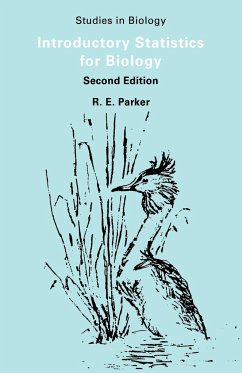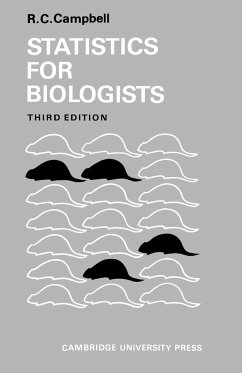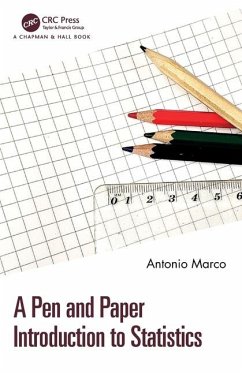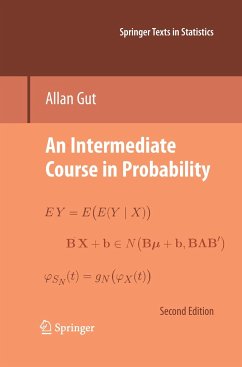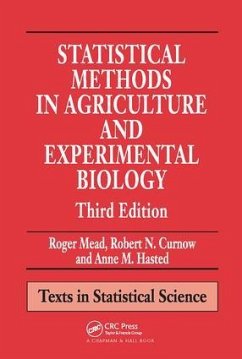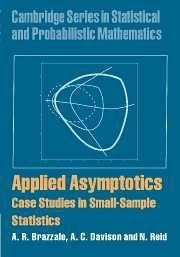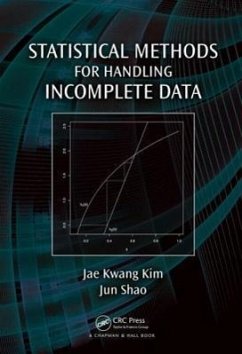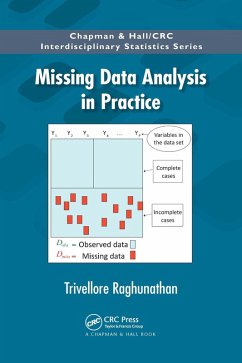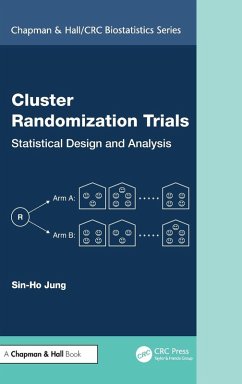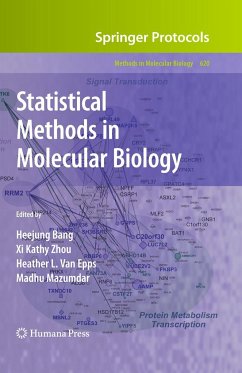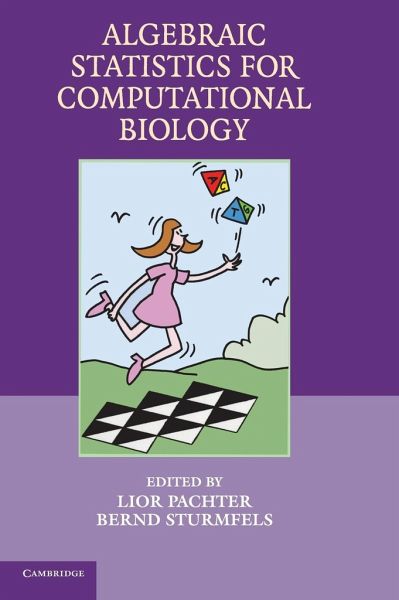
Algebraic Statistics for Computational Biology
Versandkostenfrei!
Versandfertig in 1-2 Wochen
122,99 €
inkl. MwSt.

PAYBACK Punkte
61 °P sammeln!
The quantitative analysis of biological sequence data is based on methods from statistics coupled with efficient algorithms from computer science. Algebra provides a framework for unifying many of the seemingly disparate techniques used by computational biologists. This book introduces this framework and describes tools for designing new algorithms for exact, accurate results. These are applied to biological problems such as aligning genomes, finding genes and constructing phylogenies. As the first book in the exciting and dynamic area, it will be welcomed as a text for self-study or for cours...
The quantitative analysis of biological sequence data is based on methods from statistics coupled with efficient algorithms from computer science. Algebra provides a framework for unifying many of the seemingly disparate techniques used by computational biologists. This book introduces this framework and describes tools for designing new algorithms for exact, accurate results. These are applied to biological problems such as aligning genomes, finding genes and constructing phylogenies. As the first book in the exciting and dynamic area, it will be welcomed as a text for self-study or for course use.





